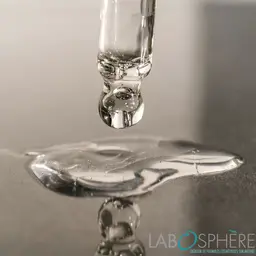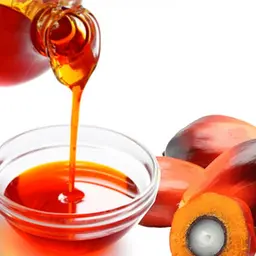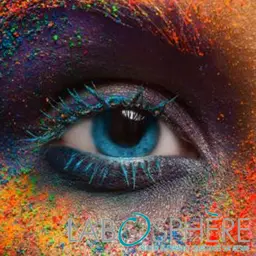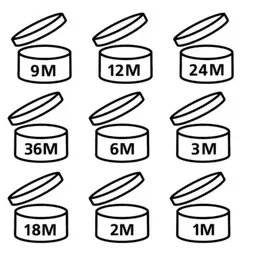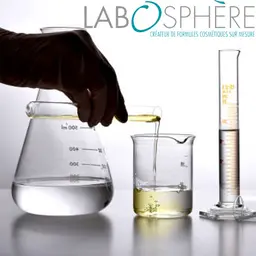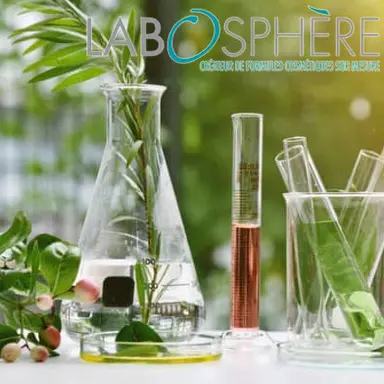
It was not until government restrictions on “energy efficiency” that eco-design concepts were introduced in various industrial sectors. The AGEC law, the desire to reduce the use of single-use plastic, the ban on plastic microbeads in rinsed products, the desire for products that are more respectful of the environment for consumers, have forced players in the cosmetics industry to review their approach. But what does “eco-design” mean? The analysis of Estelle Dehier, from Labosphere.
The Ecodesign cluster proposes two definitions.
• Systematic integration of environmental aspects from the design and development of products (goods and services, systems) with the aim of reducing negative environmental impacts throughout their life cycle for equivalent or better service. This approach from the beginning of the design process aims to find the best balance between environmental, social, technical and economic requirements in the design and development of products (Standard NF X 30-264 Environmental management - Help in setting up an eco-design approach, 2013).
• A methodical approach that considers the environmental aspects of the design and development process with the aim of reducing negative environmental impacts throughout the life cycle of a product (ISO14006 v2020).
How can these definitions be applied in the most ethical way possible to the development of a cosmetic product? What are the sensitive points?
Packaging
Ecodesign is a business approach that involves integrating the environment from the product design phase. It aims to reduce the product’s negative impact on the environment throughout its life cycle (extraction of raw materials, production, distribution, use and end of life) while maintaining its quality of use (same performance and/or same efficiency) (Definition of the CNE guide on environmental …




